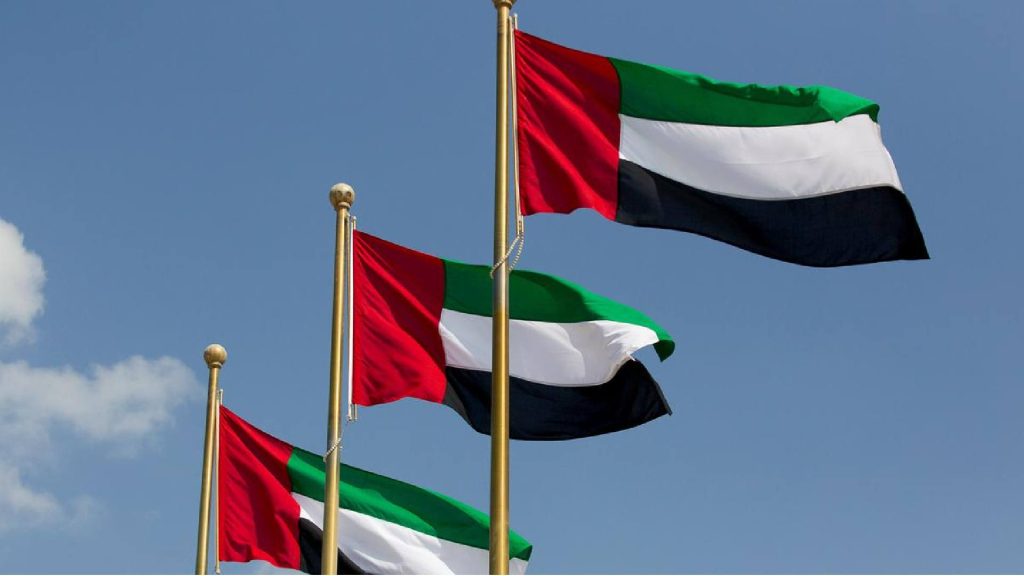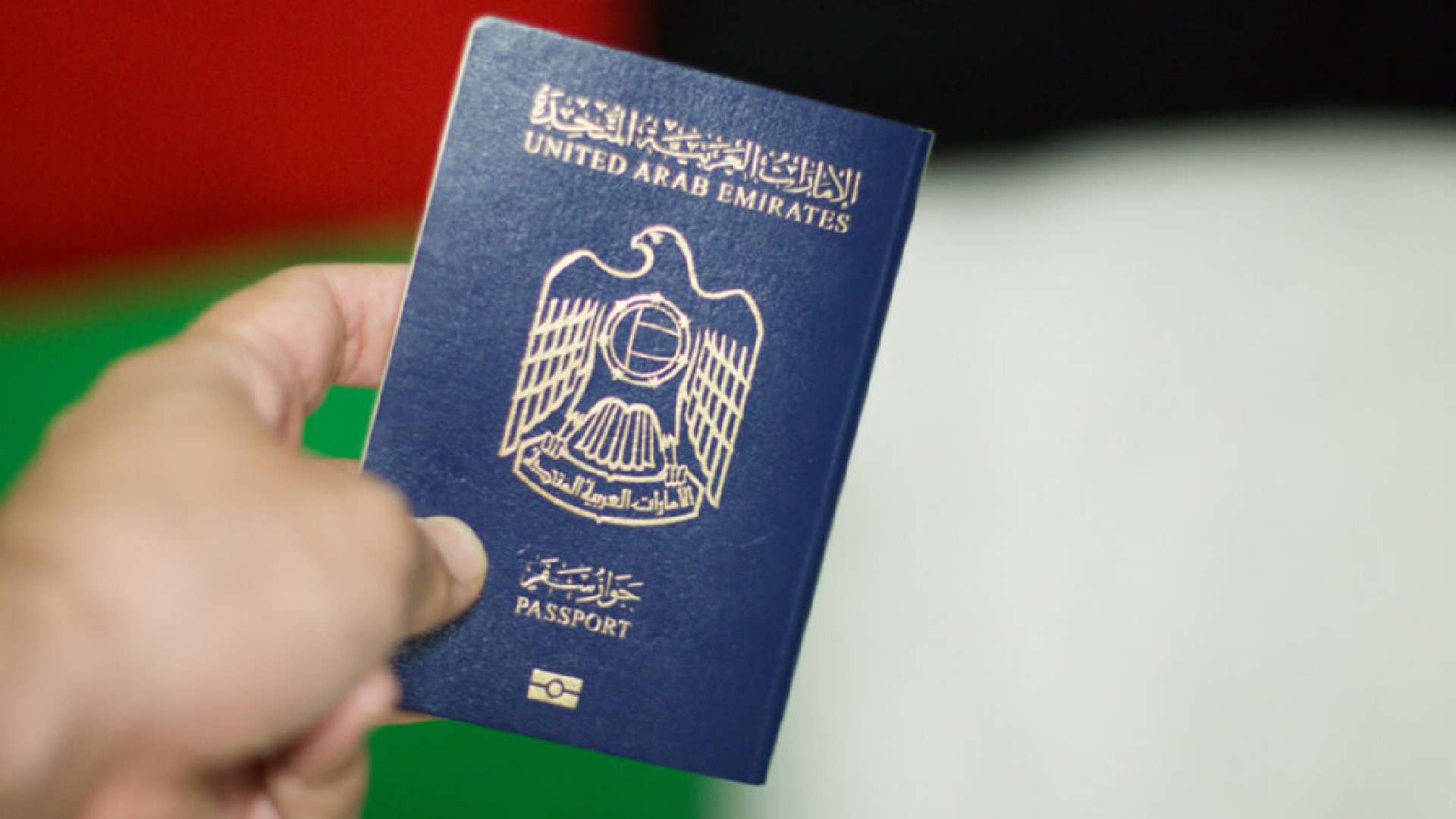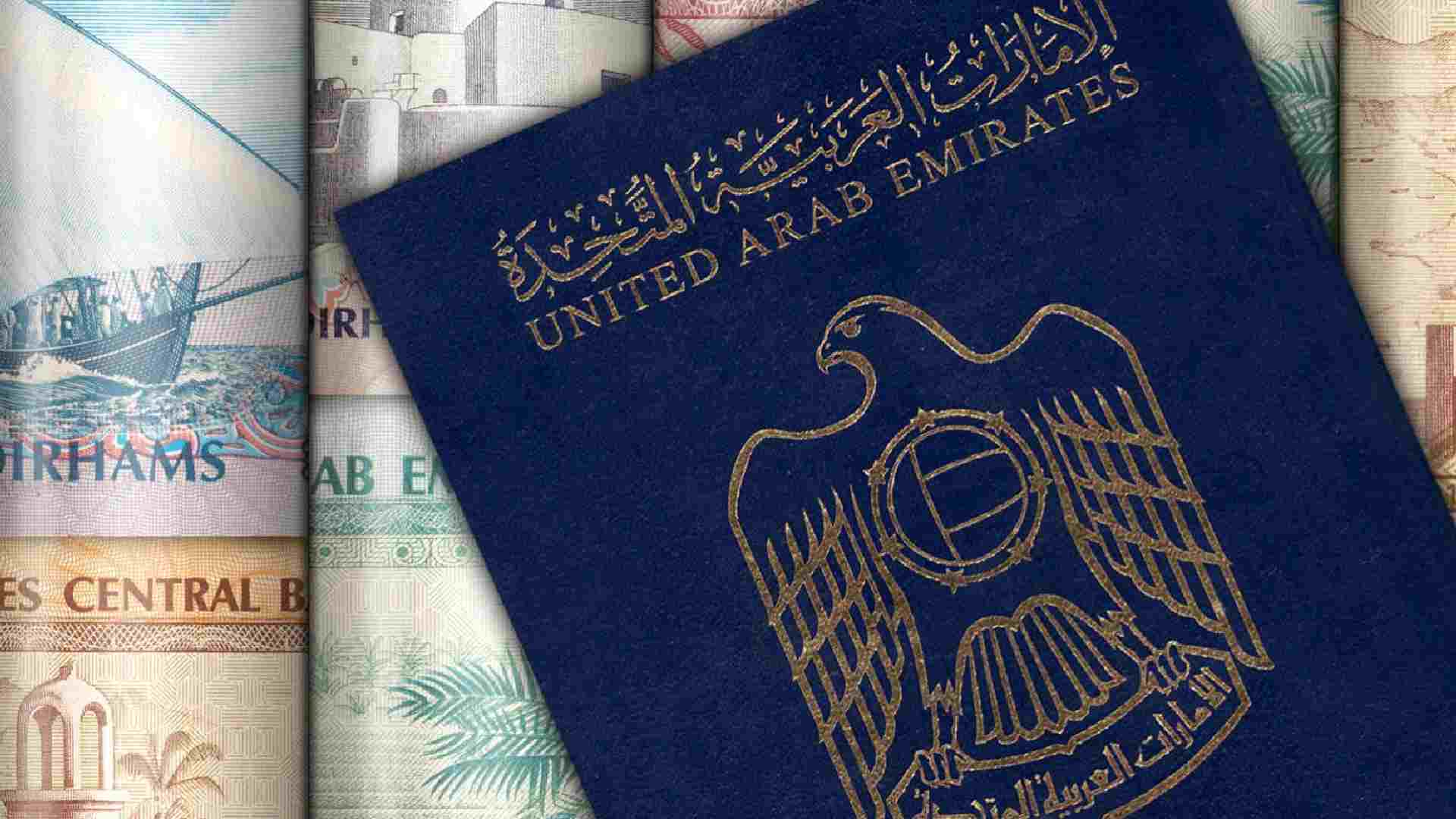Recent revisions have broadened the scope of the Emirati nationality law, introducing provisions for dual nationality and exemptions from residency prerequisites. These changes signify a strategic shift towards revenue diversification and reduced dependence on a rentier economy.
In this article you can learn about Emirati nationality law and their importance. Also, the basic principles and responsibilities in UAE. Noteworthy is the provision granting special rights to children born to Emirati citizens since 2011, enabling them to inherit UAE Citizenship law from both parents. Proficiency in Arabic stands as a fundamental requirement for all citizens.
Importance of Understanding Emirati nationality law
In the complex realm of the UAE’s nationality law, the principle of jus sanguinis reigns supreme, its walls fortified by tradition and ancestry. This ancient decree dictates that Emirati citizenship flows exclusively through bloodlines, weaving a tapestry of national identity inextricably linked to lineage.
Within this enigmatic enclave reside distinct categories of Emiratis: those born under the auspicious stars of Emirati parentage. Those granted a tenuous foothold through marriage to Emirati men, and a rare few who conquer the arduous and circuitous path of naturalization.
A glimmer of permeability, however, exists for fellow members of the Gulf Cooperation Council, who navigate this landscape with relative ease. Unlike the outsiders lingering at the guarded gates, they are permitted to reside within the UAE’s borders. Unburdened by the shackles of restrictive residency requirements.
Yet, the winds of change have begun to stir, sending tremors through the very foundations of this longstanding law. Revisions, akin to whispered pronouncements echoing through the halls of power, have begun to etch a new passage.
A select few, investors wielding the potent allure of capital and professionals brandishing expertise in specific fields. Now find themselves presented with a narrow, conditional path towards breaching the once-impenetrable walls of Emirati citizenship.
These chosen few, deemed worthy due to their exceptional skills and resources, are cautiously allowed to traverse this previously uncharted territory, their families in tow. However, a more profound shift, reverberates through the core of the law, the authorization of dual citizenship.
This legislative earthquake, enacted in 2021, shatters a long-held tradition, offering expatriates the unprecedented opportunity to embrace the duality of national identities. For those seeking to forge a life within the Emirates while preserving the threads that bind them to their ancestral lands, this newfound freedom unlocks a treasure trove of possibilities.
Evolution of Nationality Law in the UAE
The sands of Emirati nationality law shift like desert dunes beneath the relentless desert sun. Once. Under the unyielding grip of Federal Law No. 17 of 1972, the iron fist of jus sanguinis held sway.
Citizenship, a coveted cloak, flowed solely through the veins of ancestors, a birthright reserved for those of Arab descent. Others, left to wander the fringes of this gilded oasis, yearned for a sip from its wellspring of belonging. But the year 2011 sent tremors through the very foundations of this law. In a seismic shift, the shackles of tradition loosened their hold.
Emirati women, long denied the power to bestow citizenship, were granted the right to extend this mantle to their children, regardless of the father’s heritage. This momentous amendment, a thunderclap shattering the confines of the past. Etched a path towards a future woven with threads of inclusivity.
Yet, within the intricate tapestry of the UAE, another thread remained frayed and invisible – the plight of the bidoun, the stateless souls cast adrift in the currents of history. Marginalized by the complexities of tribal ties and the cruel absence of documentation. Their lives were shrouded in the suffocating shadows of uncertainty.
But the winds of change, ever restless, stirred once more. Concerted efforts, akin to diplomatic agreements forged across the vast desert expanse, facilitated the issuance of travel documents. Offering a glimmer of hope to those who had long been forgotten in the shadows.
Key Amendments Over the Years
The Emirati nationality law has undergone substantial revisions over time, progressively shifting towards a more inclusive citizenship framework. Here are the key points with enhanced complexity and variability based on the search results:
- Expansion of Eligibility: Initially, the UAE revised its citizenship regulations to permit foreign investors, professionals, individuals with exceptional talents, and their families to attain Emirati nationality under specific criteria. This strategic adjustment aims to acknowledge and appreciate the diverse skills and talents within the UAE community.
- Citizenship Acquisition: Moreover, individuals meeting precise criteria can undergo naturalization and be granted citizenship in the UAE. Notably, citizens of the Gulf Cooperation Council enjoy unrestricted residency in the UAE. The legal framework predominantly adheres to jus sanguinis, granting citizenship based on lineage.
- Dual Citizenship: Furthermore, the recent allowance of dual citizenship in 2021 marks a significant policy shift from the previous prohibition in the Emirates. This progressive change now enables expatriates to hold dual citizenship status for the first time.
- Citizenship Requirements: Additionally, the latest amendments delineate diverse prerequisites for distinct categories of individuals seeking Emirati citizenship. These conditions encompass property ownership in the UAE, expertise in high-demand sectors, substantial contributions to research or arts, and endorsement of patents by reputable entities.
- Loss of Citizenship: Conversely, Emirati citizens by descent face potential loss of citizenship under specific circumstances. The naturalization process is restricted due to concerns regarding the preservation of Emirati national identity and cultural heritage.
- Commodification of Citizenship: Lastly, the amendments underscore the commodification of Emirati citizenship, resembling an exclusive membership that can be inherited, purchased, or revoked for misconduct.
These revisions epitomize a progressive shift towards a more inclusive citizenship paradigm in the UAE, with a dual focus on talent attraction and economic growth while carefully navigating issues surrounding national identity and cultural preservation.
Historical Context of Emirati nationality law
The Emirati nationality law, as stipulated by Federal Law No. 17 of 1972, has undergone a profound and intricate evolution over the years. Initially rooted in jus sanguinis, which granted citizenship based on descent, the law also provided avenues for naturalization under specific circumstances for foreign individuals.
Complex Evolution of Emirati Nationality Law
The inception of the 1972 Nationality Law in the UAE marked a pivotal moment in addressing citizenship eligibility. However, it introduced complexities regarding the status of nomadic groups whose residency patterns fluctuated seasonally.
Despite the absence of explicit provisions for these groups, Article 5 introduced discretionary naturalization terms for individuals. This with origins from Oman, Bahrain, or Qatar, as well as Arab tribes migrating to the UAE from neighboring regions.
Dynamic Inclusivity and Progressive Amendments
Subsequently, a dynamic shift towards inclusivity unfolded within the legal framework. Notably, recent amendments in 2021 ushered in a new era by permitting dual citizenship. This groundbreaking change aimed to attract and accommodate elite foreign professionals. Fostering their acquisition of Emirati nationality under specified conditions.
These amendments were strategically crafted to acknowledge and harness the diverse skills and talents present. Within the Emirati community, thereby catalyzing national development and prosperity.
Stringent Naturalization Criteria and Nuanced Considerations
Furthermore, stringent yet nuanced criteria govern the naturalization process for foreigners seeking Emirati nationality. Eligibility hinges on various factors such as ancestral ties to Bahrain, Oman, or Qatar, lawful residency in the UAE for a prescribed duration. Upholding a commendable reputation, and demonstrating a legitimate source of income.
Profound Impact on Expatriates and Broader Implications
The far-reaching implications of these amendments reverberate significantly among expatriates residing in the UAE. Formerly constrained pathways to citizenship have now expanded, fostering heightened inclusivity and recognition of diverse talents within the nation’s borders.
Basic Principles of Emirati Nationality Law
The Emirati nationality law, rooted in jus sanguinis, establishes citizenship based on descent. Despite this. Specific criteria enable foreigners to undergo naturalization and receive citizenship.
Oversight of the law falls under the General Directorate of Residency and Foreigners Affairs (GDRFA) in each emirate.
Eligibility for citizenship extends to children born in the UAE to a UAE citizen mother or a father with unknown citizenship.
Furthermore, foreign women who marry UAE nationals have the option to seek citizenship. Failure to comply with stipulated terms can result in citizenship revocation.
Noteworthy amendments have recently broadened the law, permitting foreign investors, professionals. Individuals with unique talents, and their families to attain Emirati nationality and passports under specified conditions.
Jus Soli vs. Jus Sanguinis: Understanding the Foundation
Transitioning to the United Arab Emirates (UAE), where jus sanguinis predominantly shapes citizenship acquisition, alongside jus soli, sheds light on the legal principles of citizenship eligibility. The Emirati nationality law, anchored in Federal Law No.17 of 1972, facilitates naturalization under specific criteria.
Emirati Nationality Law in the UAE
- Citizenship Categories: Within the UAE, distinct citizenship categories cater to individuals of Arab and non-Arab lineage. Notably, special provisions since 2011 have empowered children of Emirati citizens to inherit citizenship maternally.
- Khulasat al-qaid Certificate: A pivotal document, the khulasat al-qaid certificate, serves as tangible proof of full UAE citizenship, requiring ancestral ties to the UAE before 1925 for those seeking Emirati nationality.
- Naturalization: Recent adjustments in the UAE’s nationality law have opened avenues for professionals, investors, and individuals with exceptional talents to secure citizenship under specified conditions. Noteworthy is the newfound acceptance of dual citizenship, a departure from past restrictions.
- Loss of Citizenship: Emirati citizens by descent face potential loss of citizenship under defined circumstances like criminal convictions. Naturalization prerequisites encompass maintaining a reputable standing, a lawful income source, and meeting residency duration mandates.
The Constitution and Nationality
In the United Arab Emirates (UAE), citizenship is primarily based on jus sanguinis, allowing naturalization for foreigners meeting specific criteria. Conversely, the United States grants citizenship by birthright or naturalization. Recent UAE amendments permit dual citizenship, contrasting the U.S. process involving an Oath of Allegiance and legal regulations.
Rights and Responsibilities of Emirati Citizens
Emirati citizens have rights and responsibilities outlined by the UAE government. They must be aware of their duties and rights, strive for excellence, innovate, and uphold unity. Responsibilities include working for national progress, obeying laws, fostering loyalty, promoting social cohesion, and respecting others.
Civil and Political Rights
In the United Arab Emirates (UAE), civil and political rights present notable challenges, encompassing issues like freedom of expression, discrimination, refugees’ and migrants’ rights, nationality law, and various restrictions.
The government controls expression, leading to media censorship. Additionally, activists critical of the regime face detention, while foreigners outnumber native Emiratis significantly, impacting national identity concerns.
Economic, Social, and Cultural Rights
The United Arab Emirates (UAE) has embarked on a transformative journey towards advancing economic, social, and cultural rights. Evolving into a realm of governmental dedication, the UAE’s accession to international conventions and the inception of the National Human Rights Authority signifies monumental shifts.
However, entrenched challenges, such as enduring constraints on freedom of expression, underscore the imperative for continuous enhancements to ensure holistic safeguarding of human rights.
Responsibilities Towards the State
The United Arab Emirates (UAE) has embarked on a profound and dynamic journey towards advancing economic, social, and cultural rights, alongside human rights in general.
Transitioning to governmental actions, the UAE has embraced various international conventions and established the National Human Rights Authority to safeguard human rights regionally and globally.
Undoubtedly committed to promoting and safeguarding human rights, the UAE diligently ensures the national implementation of human rights commitments and labor rights. While strategically investing in education, healthcare, and sustainable economic development.
Actively engaging with the international community further underscores the UAE’s dedication to enhancing labor rights protection and supporting foreign workers.
Impact of Nationality Law on Expatriates
The Nationality Law in the UAE has a profound impact on expatriates, influencing their rights and opportunities within the country.
Transitioning to the criteria and processes outlined for UAE citizenship, expatriates can access benefits. Such as the right to live, work, start a business, and access education and healthcare in the UAE.
However, acquiring UAE citizenship is restricted to certain groups of foreigners, including investors, elite professionals, and outstanding creatives.
With nominations proposed by the UAE monarchs or the Council. Dual citizenship is permitted in the UAE, allowing individuals to retain their original nationality.
The stringent naturalization process aims to preserve the Emirati national identity and culture amidst a population where foreigners outnumber native Emiratis significantly.
Across Emirates, different protocols exist for granting citizenship. With requirements varying based on factors like real estate ownership for investors or international recognition for creative individuals.
Marriage to an Emirati resident can also expedite the citizenship process for foreign residents. Despite the advantages of UAE citizenship. Including job opportunities and tax benefits, eligibility remains contingent on specific conditions and regulations.
Residency and Employment
The Nationality Law in the UAE has a profound impact on expatriates, shaping their rights and opportunities within the country. Transitioning to the criteria and processes for UAE citizenship, expatriates can access benefits such as residency and employment.
However, acquiring UAE citizenship is limited to specific groups of foreigners, including investors, elite professionals, and outstanding creatives. Dual citizenship is permitted, allowing individuals to maintain their original nationality.
The stringent naturalization process aims to preserve Emirati identity amidst a population where foreigners significantly outnumber native Emiratis. Different protocols exist across Emirates for granting citizenship, with requirements varying based on factors like real estate ownership or international recognition.
Property Ownership and Business Operations
Property ownership and business operations in the UAE are intricately tied to the Nationality Law, impacting expatriates’ rights and opportunities.
Companies can own property in specific areas, with restrictions for foreign-owned entities. Foreign-owned companies are confined to designated zones set by the Department of Economic Development in Dubai.
Onshore companies from foreign jurisdictions can acquire property in Dubai after establishing a local presence. Public joint stock companies require approval to hold property.
Real estate investment trusts (REITs) offer an alternative investment avenue. While a Golden Visa program rewards property owners with significant investments, granting long-term residency and perks.
Conclusion
In conclusion, the Emirati Nationality Law, as governed by Federal Law, 1972, plays a pivotal role in shaping citizenship in the UAE. Recent amendments have enabled citizenship stripping and highlighted the complexities surrounding nationality documents for local residents.
Moreover, the law’s provisions for citizenship acquisition, including through marriage and naturalization, reflect a nuanced approach to Emirati identity and inclusion. Despite challenges and criticisms, the law’s emphasis on discretion in granting citizenship. Underscores the UAE’s unique approach to nationality as a privilege rather than a right.
Furthermore, the evolving landscape of citizenship in the UAE reflects broader narratives of tolerance, security, and economic development within the country. Contact us to learn more.







